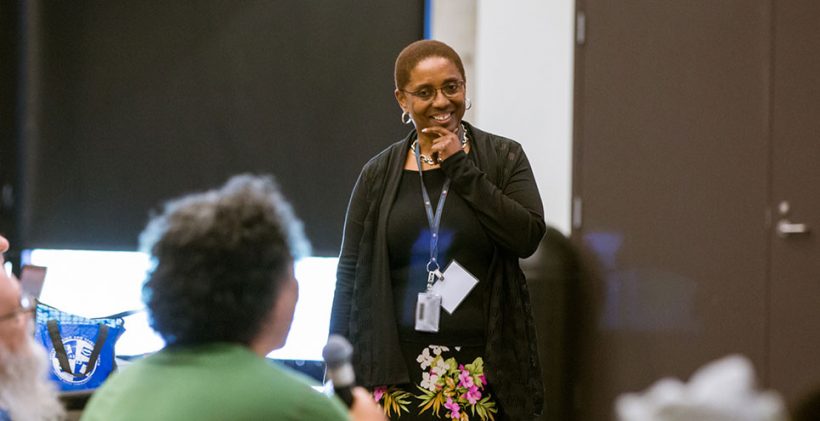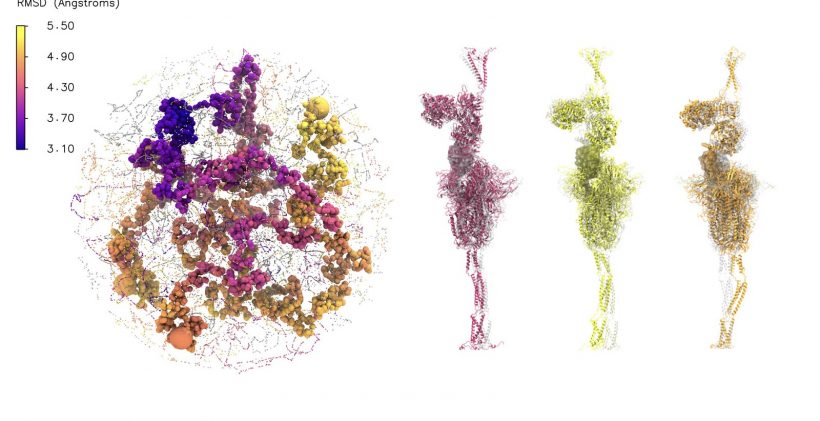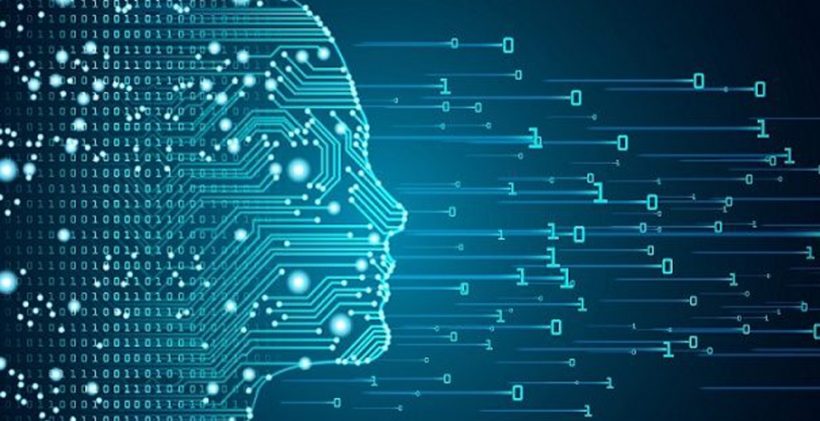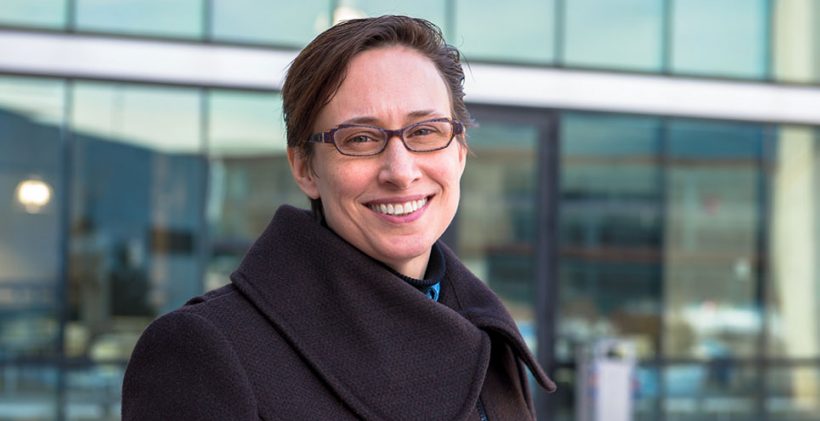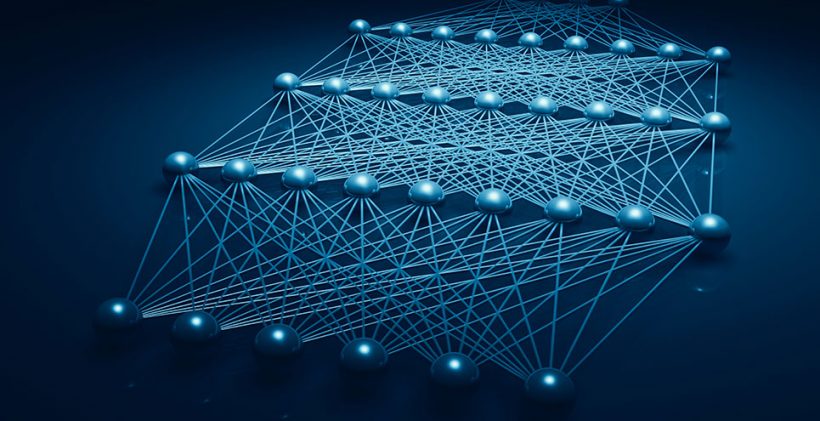Diversifying the HPC Community and Engaging Male Allies
Argonne’s Valerie Taylor will be featured as the Distinguished Speaker at the International Women in HPC Workshop entitled “Diversifying the HPC Community and Engaging Male Allies.” The workshop, the eleventh in the series, will celebrate the success of women in HPC, their recruitment, and the mentoring of women in the workforce. This year’s workshop will
